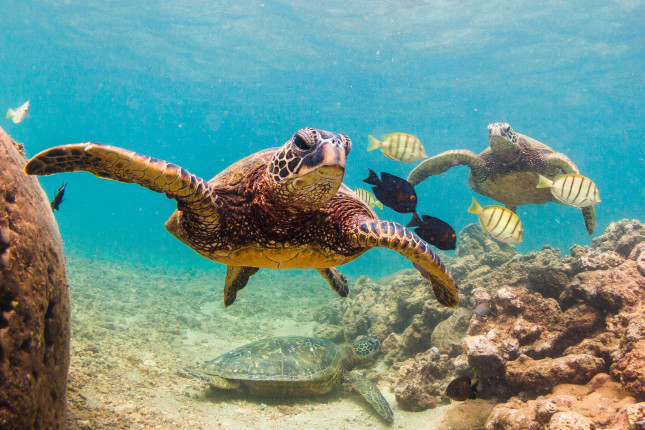-
Sharon Guynup, Mongabay
Global Study of 71,000 Animal Species Finds 48% are Declining
June 9, 2023 By Wilson Center Staff
Two centuries ago, extinctions were rare. Islands were hotspots, losing flightless bird species like the dodo and other animals that were hunted out of existence by European traders and colonists or killed off by introduced rats and cats.
The Industrial Revolution changed that: Extinction rates soared across continents, roughly paralleling the exponential growth in human population, and more recently, a rapidly heating planet. The modern era leveled forests, raised sprawling cities, converted huge amounts of wild land for agriculture, and pierced remote areas with roads. Massive growth kicked in post-World War II as 2.5 billion people in 1950 grew to 8 billion in 2022. These trends are expected to continue this century, with wildlife increasingly pushed to the margins.
“The major cause behind this current crisis is habitat destruction,” says Daniel Pincheira-Donoso, senior lecturer of evolutionary biology and macroecology at Queen’s University, Belfast.
He’s a co-author of a new study published in May in Biological Reviews. Pincheira-Donoso and his colleagues examined the state of more than 71,000 animal species, looking for both winners and losers and those with stable populations. They found erosion of species across the tree of life, which they called “one of the most alarming consequences of human impacts on the planet.”
Continue reading on Mongabay here.
Photo Credit: An endangered Hawaiian Green Sea Turtle cruises in the Pacific Ocean, courtesy of Shane Myers Photography/shutterstock.com.
Sources: Mongabay and Wiley Online Library.
 A Publication of the Stimson Center.
A Publication of the Stimson Center.






